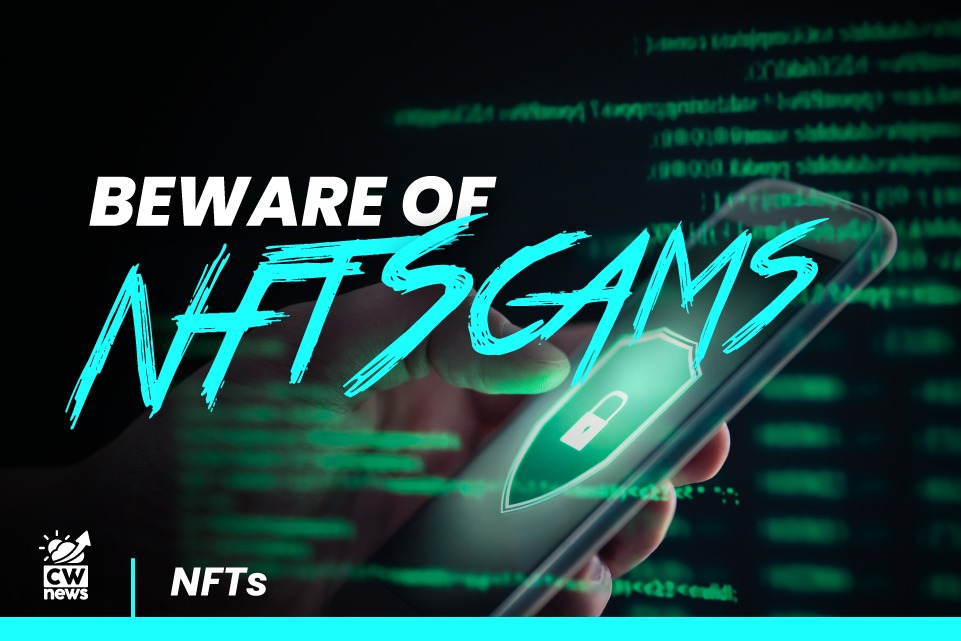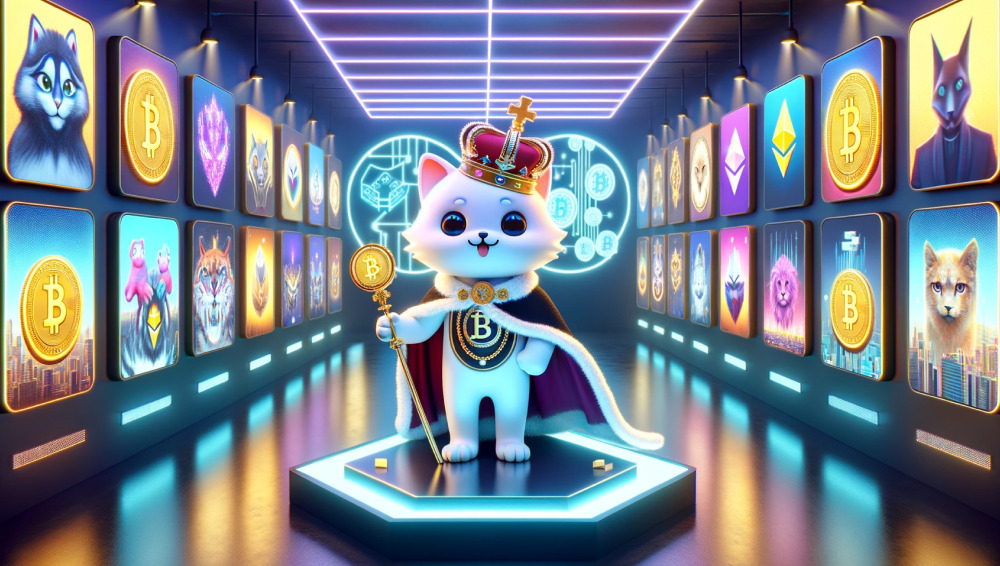People around the globe are paying millions of dollars for NFT art and collectibles, as NFTs have become the latest phenomenon. Thanks to the surge in cryptocurrencies like Bitcoin and Ethereum, NFT prices have gone soaring. Wonder how to how to protect yourself from NFT Scam? Keep on reading.
NFTs are powered by blockchain technology, similar to cryptocurrency. It is the uniqueness that makes them much more expensive than crypto. NFTs are what we call a collector’s item. Once you own an NFT, it is yours and no one can tamper with it or replicate it.
With a quick look at crypto’s threat landscape, you will notice one commonality. The higher the value of a cryptocurrency, the higher the volume of fraud targeting the users. Considering the amount of money that is being poured into NFTs, the scams are not too far away.
Here are some NFT scams that users could see in the future.
Replica Stores
The problem of replica stores is well known not only in the world of crypto. But you can meet them basically anywhere. Scammers create websites that look exactly the same as the original ones and they try to trick users into either logging in with their credentials or providing their credit card information. We can see online stores across several industries being targeted by scammers, and stores selling NFTs are not an exception.
The number of suspicious-looking domain registrations with names of NFT stores like ‘rarible’, ‘opensea’, and ‘audius’ have increased nearly 300% in March 2021 when compared to previous months.
Fake NFT Stores
A variation of the replica NFT stores is the fake NFT stores. These stores might not use the logos and content from the legitimate stores. But they might use non-affiliated logos and content and sell NFTs that do not exist, instead.
To spin up a phishing or counterfeit page, scammers need to register a domain first.
Counterfeit NFTs or Artist Impersonation
If you were following NFTs in the past weeks, you would already know the Banksy-styled artworks sold on the NFT markets for $1 million in crypto. This sets a precursor for what is to come. Counterfeit and real-world ‘inspired’ artwork will become a problem shortly. Users and buyers need to be careful about what they are buying. But it is difficult to verify the seller, mainly on online marketplaces like this. Counterfeits have always been a problem in the world of online fraud. We expect them to translate to NFTs as well.
Airdrops – no one is giving you free NFTs
Another well-known NFT scam tactic involves airdrops- It is a common marketing strategy used by crypto projects. An airdrop is basically when a project gives away its tokens or coins for free. This is to increase the user base and incentivize people to get involved.
Bolster CTO and co-founder Shashi Prakash claimed:
“There is no free money, but people just cannot seem to resist the opportunity to get something for nothing. This continues to be one of the most common scams for NFTs and cryptocurrencies.”
Thousands of scams and NFT scams are detected every month by Bolster. They basically target famous cryptos, and also brands and personalities that are associated with them. In these cases, scammers target crypto enthusiasts by offering them free NFTs related to NFT marketplaces.
“The most damaging scam was the fake giveaways of Rarible tokens,” said Prakash.
Here is a giveaway NFT scam of Rarible and their RARI token:
Brand Impersonation on Social Media
The crypto community is extremely active on social media channels. For example on both channels, Telegram and Discord scammers set up groups targeting almost all the brands in the crypto sphere. Most of these groups claim to be the ‘official support’ or ‘official community’ of the targeted brand. Users need to be extra careful before joining these groups.
In the case of NFTs, we are expecting more such groups to pop where the scammers will also try to sell fake or non-existent NFTs to users.
Make sure to verify that you are joining the real groups, when someone sends you a link to join these communities. In most cases, a simple Google search can help you find out.
Protect yourself from NFT scam
There are various steps people can take to make sure they don’t become victims of scammers.
Prakash recommended to:
- do a reverse image search on an NFT to make sure it is not showing up on other NFT exchanges or markets.
- make sure the site from which you’re purchasing is legitimate
- use two-factor authentication or physical token generators to protect your username and password.
Make sure you protect yourself from NFT scams or any other internet fraud by just being careful while using the internet. Always double-check the legitimacy of the website or marketplace and use a strong login among other things. Nevertheless, there are still a lot of people who think NFT is a scam. What about you?
Dominika
Source: www.securityboulevard.com
Read more about NFTs
And why are NFTs important for digital artwork
There is much more coming this week so stay tuned and follow us on our socials
Disclaimer: This article is provided for informational purposes only. It is not offered or intended to be used as legal, tax, investment, financial, or other advice.





